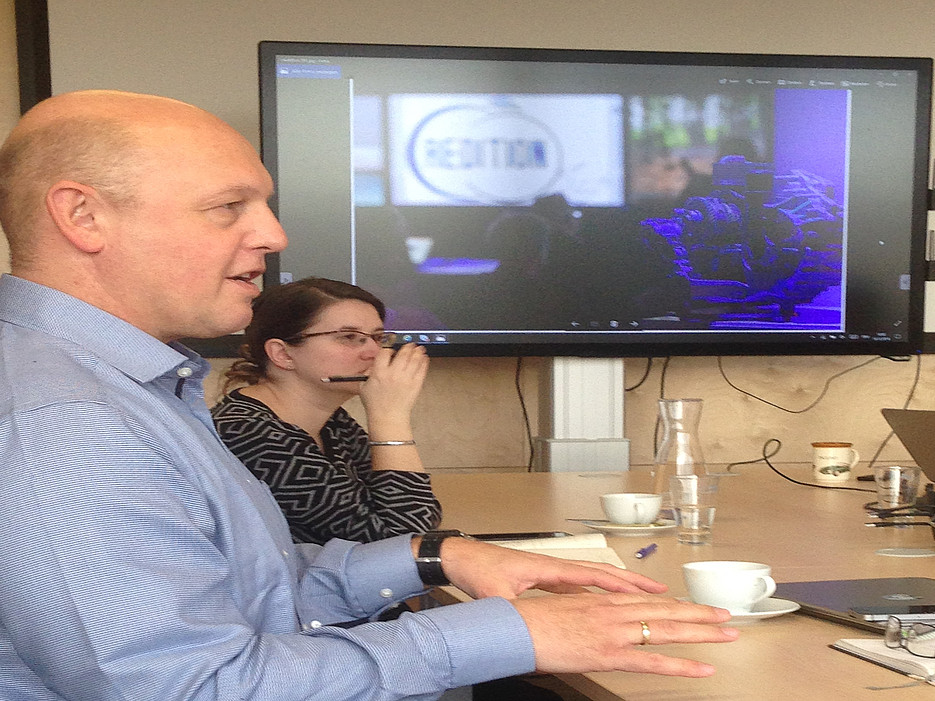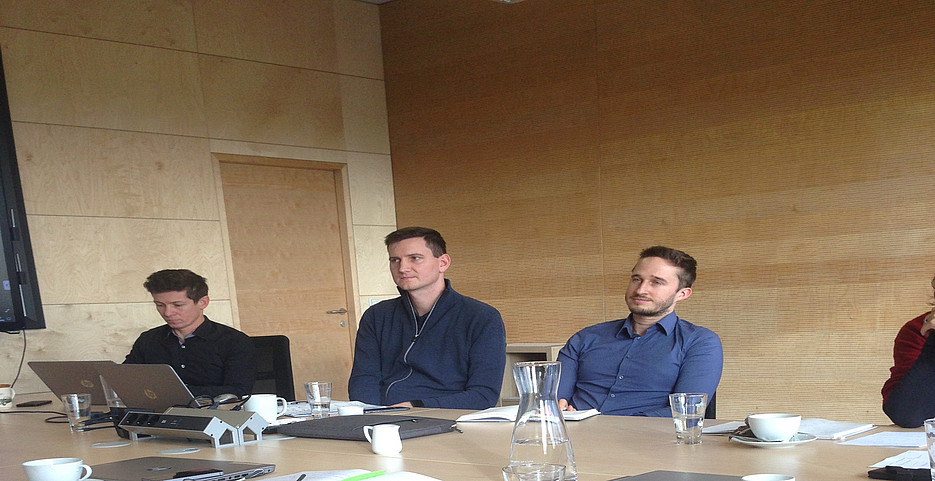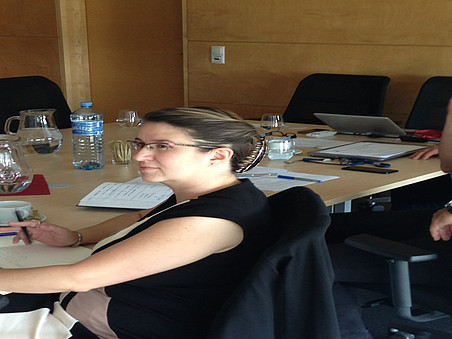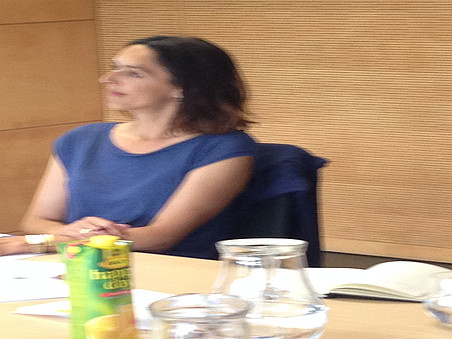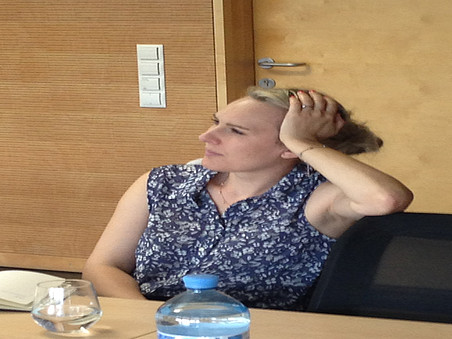The human factor
Creditions in technical contexts
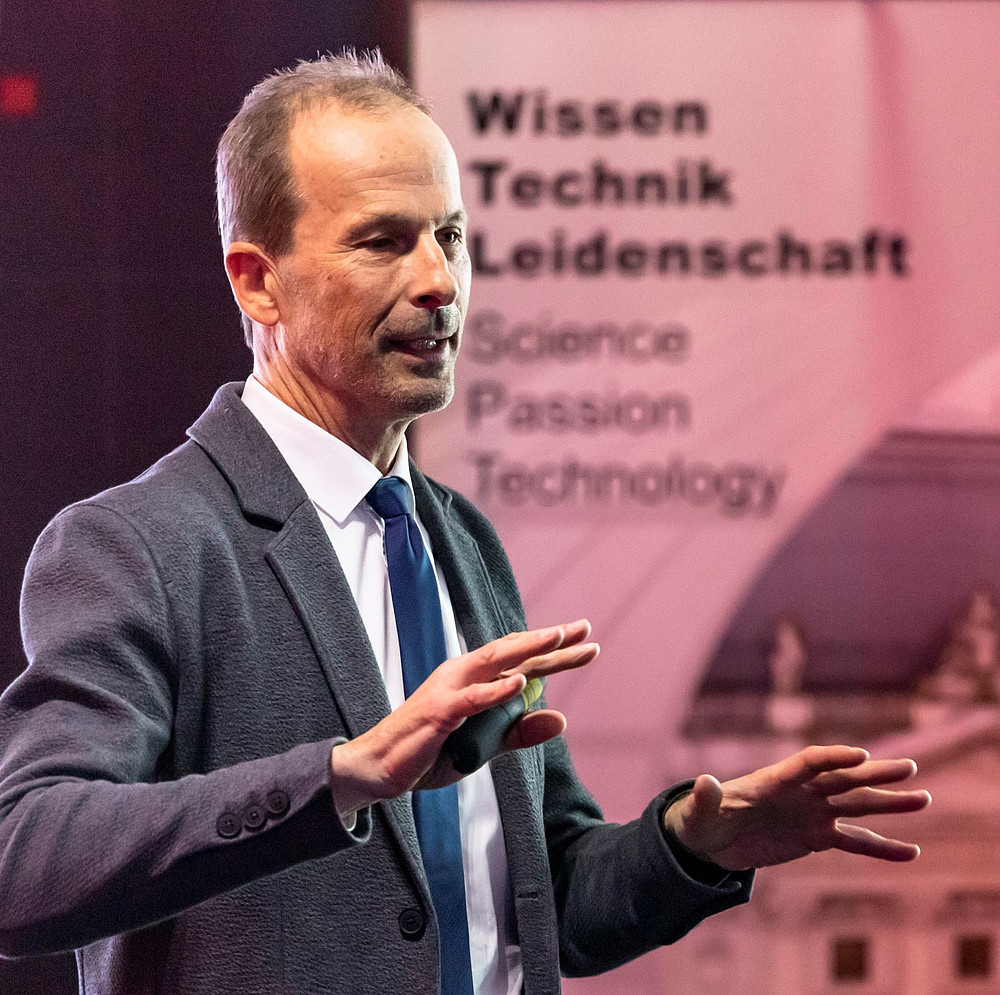
Prof Dr Hannes Hick
Head of the Institute for Machine Elements and Development Methodology (IME) at Graz University of Technology
The question of the targeted use of methods in technology is largely discussed without the human factor. However, the human factor is also of eminent importance in the research and development of technical systems.
The Model of Credition was so well received at our institute that the idea of a longer and more intensive research co-operation with the Credition Research Project developed from the first workshop.
Our institute is now pursuing this idea with great commitment and excellent success and is pleased to note that it has developed into an extremely fruitful interdisciplinary co-operation with various scientific fields (law, medicine, entrepreneurship, education). In addition, working with the Model of Credition has positively stimulated both internal communication within the institute and the processes involved in scientific research.
Prof Dr Hans-Ferdinand Angel
Surprisingly, on the basis of the same knowledge of technical interrelationships in everyday life, there are often different views on the strategic measures to be taken. The Model of Credition is excellently suited to visualising the cognitive and effective psychodynamic background.
It is fascinating to test with the Institute for Machine Elements and Method Development (IME) at Graz University of Technology how technical expertise and belief-based attitudes interact with each other.
In the longer term, it will make sense to take into account not only the technical facts but also the human circumstances, in particular the effective Bab-Blob configurations, in more complex decision-making processes.
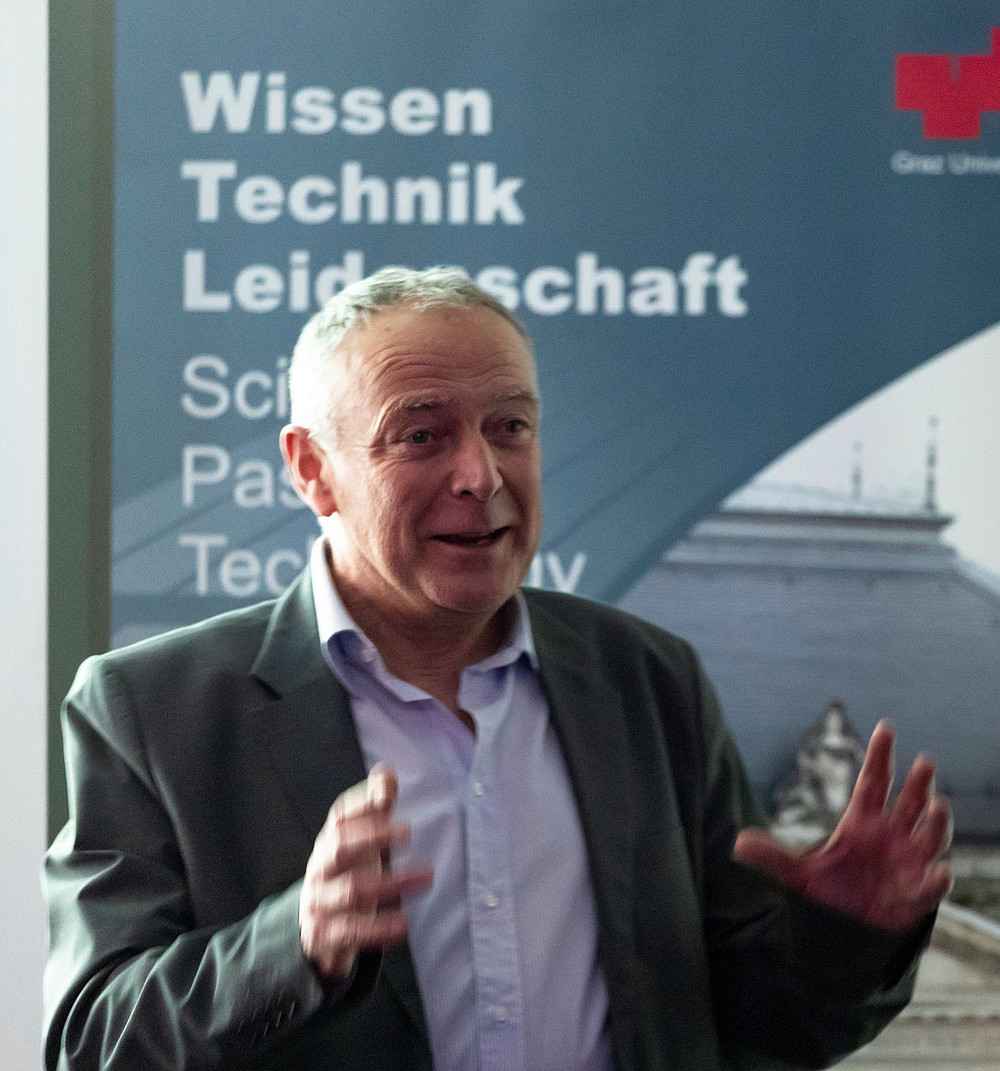
... for institute employees
In several workshop units, the institute's employees learnt the basics of the neural credition model and the credition communication model. They then analysed the extent to which knowledge of creditions can be used to optimise strategic decisions. One of the insights gained was that unrecognised beliefs play an emotional role in supposedly purely technology-oriented discussions. One result: the earlier the emotional impact of creditions is recognised, the more efficiently strategic planning can be carried out.
